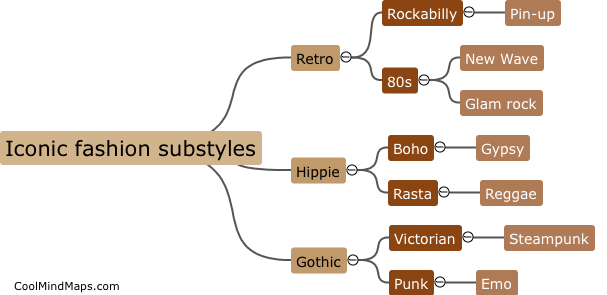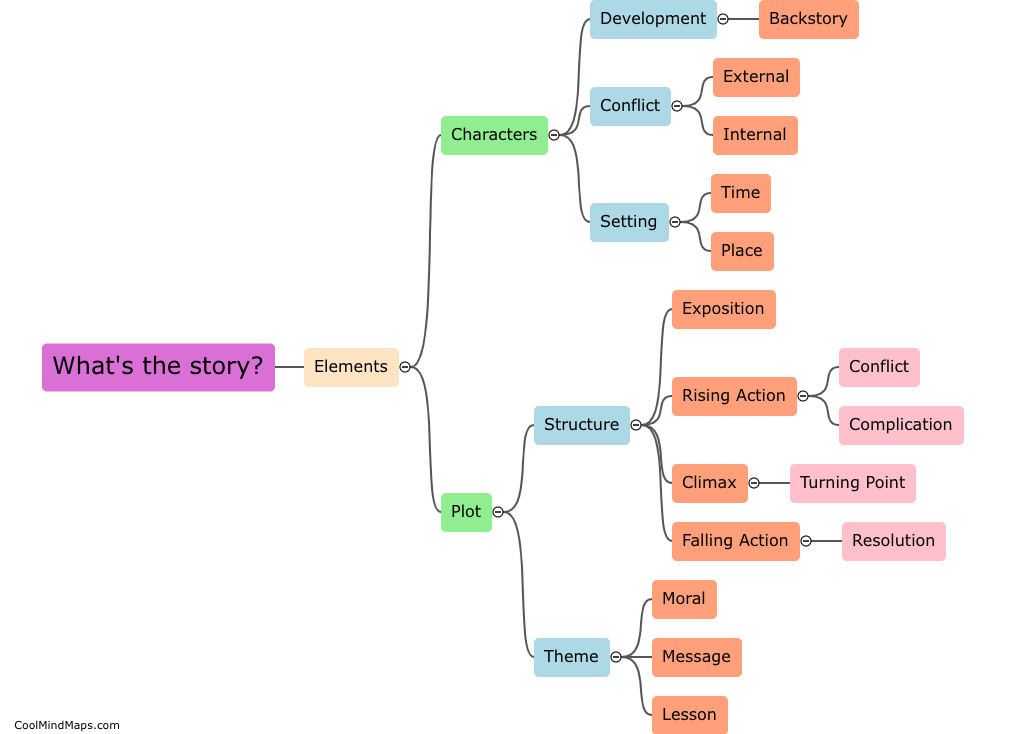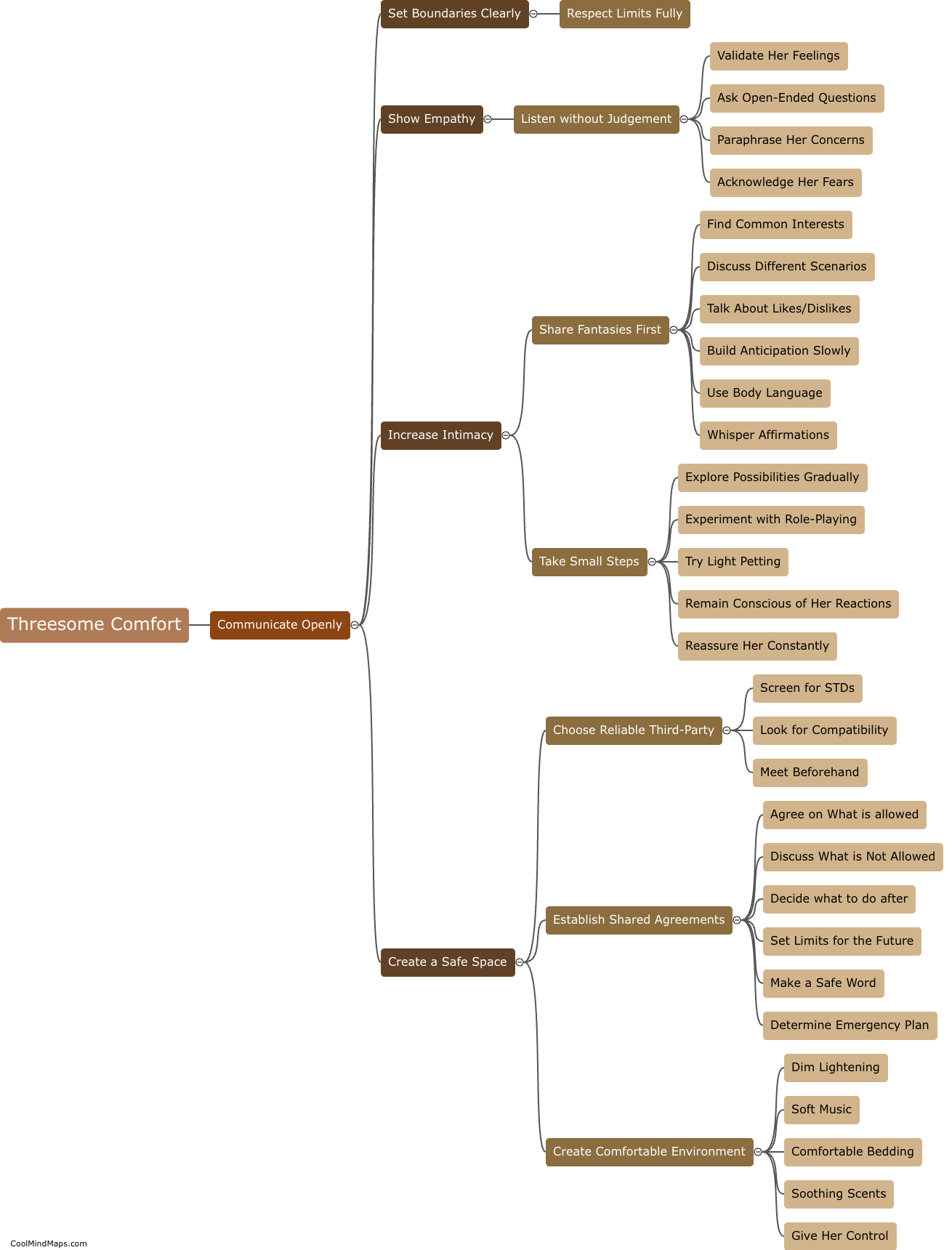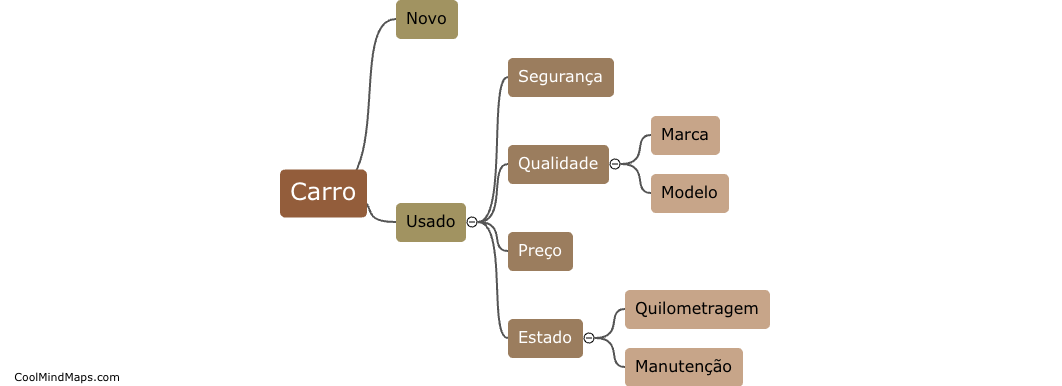What is a cell?
A cell is the fundamental unit of life, capable of carrying out all the essential processes required for the organism's survival. It is the smallest entity that can perform all the functions of a living organism, such as obtaining nutrients, eliminating waste, growing, reproducing, and responding to environmental changes. Cells come in different shapes and sizes, depending on their function and location in the organism. They are composed of a cell membrane, cytoplasm, and a nucleus (in eukaryotic cells) or nucleoid (in prokaryotic cells). Each cell contains specialized structures called organelles that enable it to perform specific tasks to maintain the organism's homeostasis.

This mind map was published on 16 May 2023 and has been viewed 156 times.











